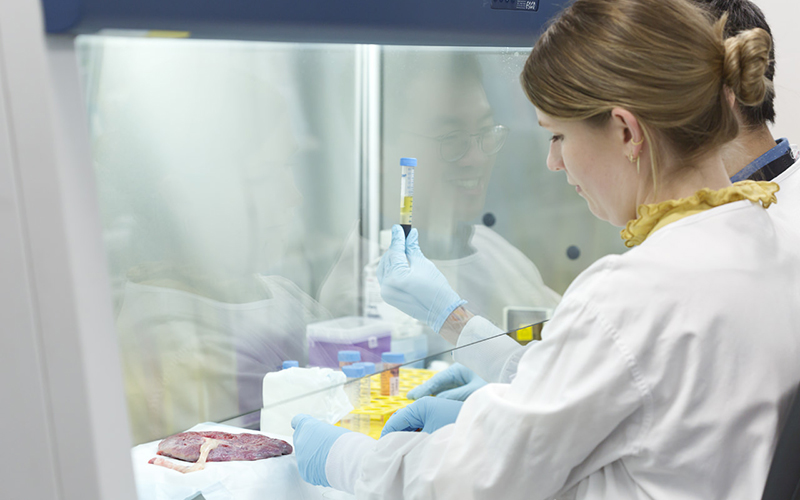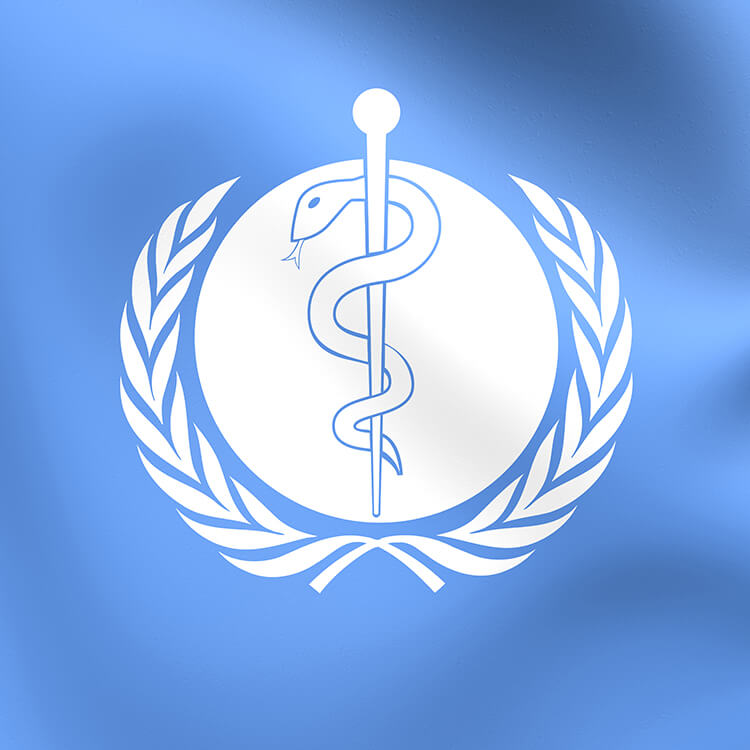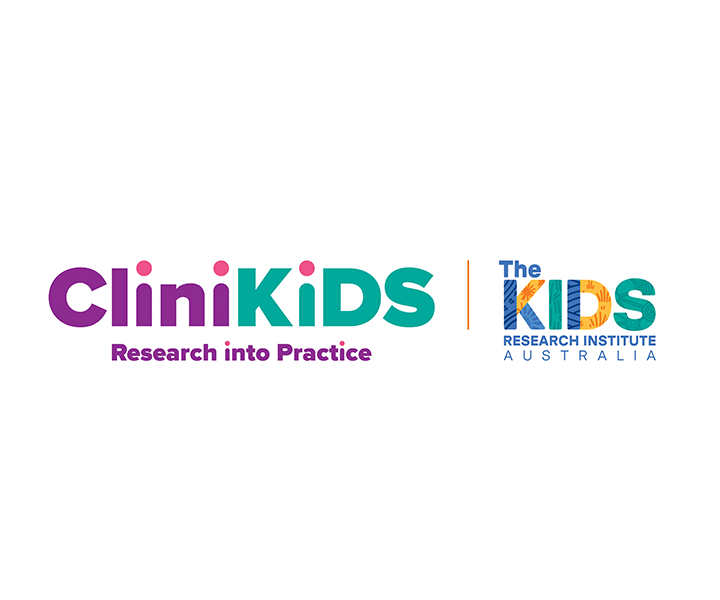Search

News & Events
Biobank funding supports valuable research resourcesFour The Kids Research Institute Australia-based biobanks which underpin a range of cancer, respiratory and early life research have received more than $450,000 in funding.

News & Events
World-first evidence links exclusive colostrum intake with reduced peanut allergy riskFirst-of-its-kind findings show that newborns exclusively fed colostrum in their first 72 hours of life were five times less likely to develop a peanut allergy by 12-18 months, and 11 times less likely to develop multiple food allergies (such as egg or cow’s milk) compared with infants who also received formula

News & Events
WA children with most aggressive cancers to benefit from Australian-first personalised medicine clinical trialPersonalised medicine for childhood cancers in West Australia is a step closer thanks to the Zero Childhood Cancer program’s state clinical trial launched today

News & Events
New clinical trial to improve outcomes for babies with leukaemiaThe Australian arm of an international clinical trial looking at improved treatments for young babies with leukaemia has been awarded funding from the MRFF.

News & Events
Kids cancer champion nominated for WA Australian of the YearDr Nick Gottardo, Co-Head of The Kids Research Institute Australia's Brain Tumour Research Team, has been announced a nominee for the 2018 WA Australian of the Year Award

News & Events
Grants power next wave of childhood cancer researchEight childhood cancer researchers have been awarded over $2 million in transformative grants from Cancer Council WA to advance their pioneering work in improving cancer treatments and outcomes for patients in Western Australia and around the world.
News & Events
Toddler TalkA child's ability to communicate is one of their most important developmental achievements. It builds a foundation for everything that is to come.

News & Events
Australia a key contributor to global commitment to end deadly rheumatic heart diseaseThe World Health Organisation resolution for global action to tackle rheumatic heart disease (RHD) will have significant implications for Australia, which has some of the highest rates of the disease in the world.
Research
Western Australian Child Development AtlasWe know that place, location, and geography can all influence health, wellbeing, and disease, and thus are important factors in policy development and service planning.

CliniKids is the first clinical service of The Kids Research Institute Australia, providing autism therapies and supports for young children.
